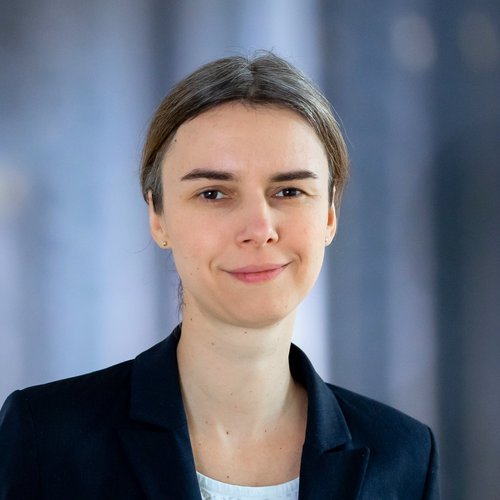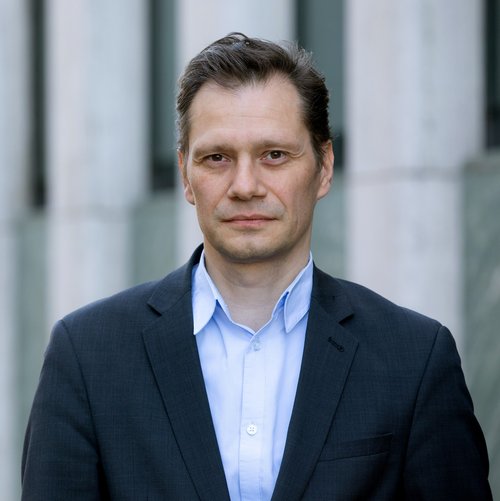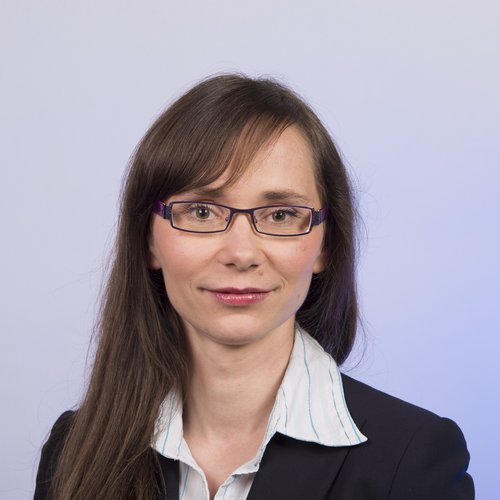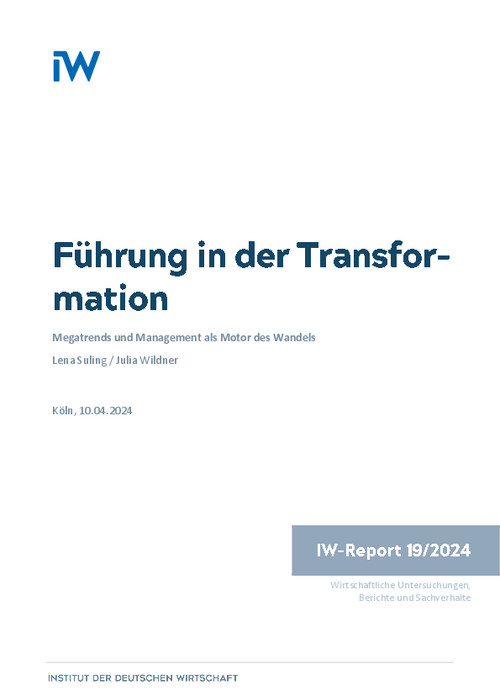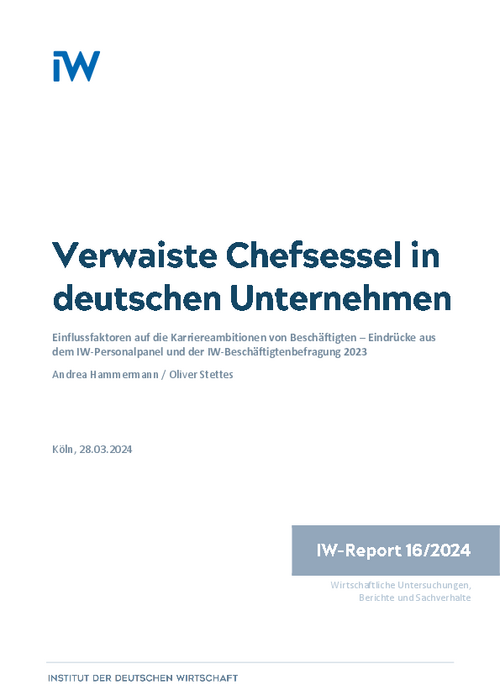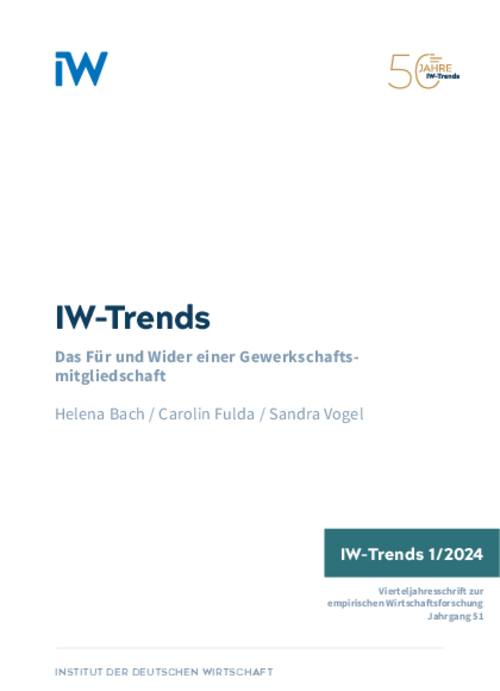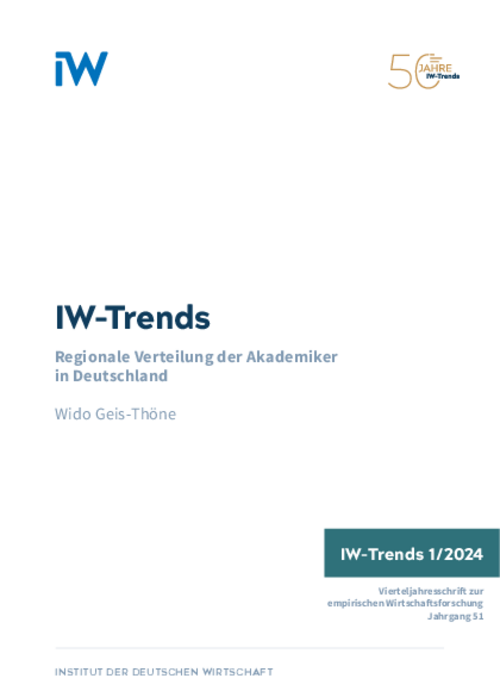The labor market situation of recent years shows: High employment and low unemployment are possible with the right policies and in a flourishing economy.
Labor and Income

About the topic
The German labor market has been in a state of flux in recent years: Due to structural change and digitization, jobs have been lost in some sectors, for example in mining or industry, but at the same time many new jobs have been created in the digital world of work. However, despite recent successes, millions of people are still looking for a job, although skilled workers are becoming scarce as a result of demographic change. Going forward, therefore, the goal remains to increase labor force participation, promote occupational mobility, make it easier for people to get into jobs, and keep the shortage of skilled workers at bay for the economy.
Meanwhile, the demands on employees are changing rapidly. Digitalization and internationalization are shaping the world of work. Aging and heterogeneous workforces pose difficult tasks for HR policy. Companies are well equipped if they succeed in balancing the different requirements.
Employees' earnings, i.e. wages and salaries, can be freely negotiated with their employers - in some cases, the leeway is limited by collective agreements. Wage policy also determines how many skilled workers employers can retain. Overall, wages have risen steadily over the past few years, which has led to an increase in prosperity.


German Wage Policy between Inflation and Stagnation: Are Conflicts with the Aims of Monetary Policy Looming?
After the economic and financial crisis of 2008/9, the German labour market soon began to recover, creating scope for a comparatively expansive wage policy.
IW

Orphaned executive chairs in German companies
In 2023, half of the companies in Germany reported increasing problems in filling vacancies for management positions because employees are not aiming for a career. Larger companies are less affected than small companies.
IW

The Pros and Cons of Trade Union Membership
The decline in collective bargaining coverage in Germany is often attributed to the reluctance of companies to join an employers' association which negotiates collective agreements.
IW

Office work in transition: Analysis of the working conditions of office workers
Office work has changed considerably over time and reflects both technical progress and the zeitgeist of the decades.
IW





